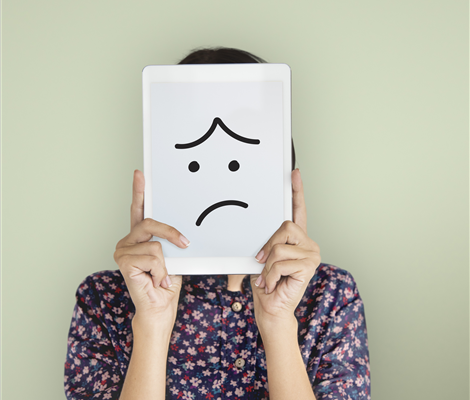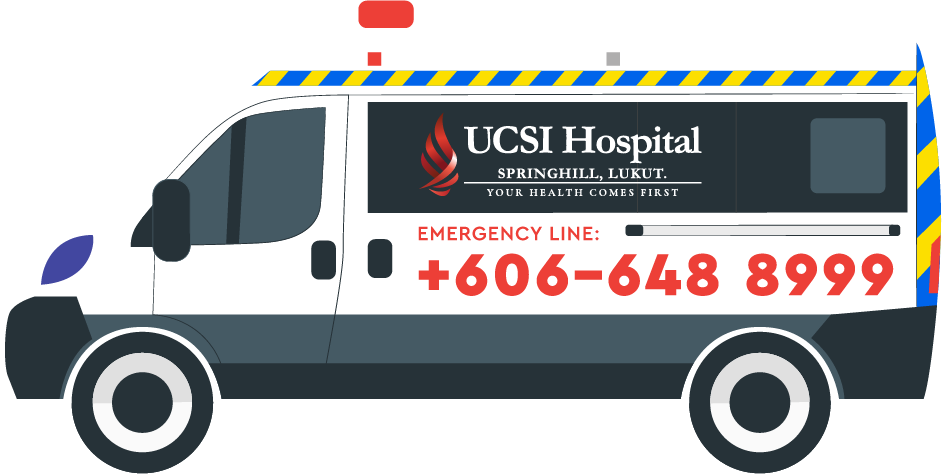
Anxiety Disorders
About Anxiety Disorders
Anxiety disorders are a group of mental health problems. They include generalised anxiety disorders, social phobias, specific phobias (for example, agoraphobia and claustrophobia), and panic disorders. Depression is often related to anxiety disorders.
Symptoms of Anxiety Disorders
People with an anxiety disorder may experience excessive fear or worry about a specific situation (for example, a panic attack or social situation) or, in the case of generalized anxiety disorder, about a broad range of everyday situations. They typically experience these symptoms over an extended period – at least several months. Usually they avoid the situations that make them anxious.
Other symptoms of anxiety disorders may include:
- trouble concentrating or making decisions
- feeling irritable, tense or restless
- experiencing nausea or abdominal distress
- having heart palpitations
- sweating, trembling or shaking
- trouble sleeping
- having a sense of impending danger, panic or doom.
Anxiety disorders increase the risk for depression and substance use disorders as well as the risk of suicidal thoughts and behaviours.
There are several different kinds of anxiety disorders, including:
- generalized anxiety disorder (persistent and excessive worry about daily activities or events);
- panic disorder (panic attacks and fear of continued panic attacks);
- social anxiety disorder (high levels of fear and worry about social situations that might make the person feel humiliated, embarrassed or rejected);
- agoraphobia (excessive fear, worry and avoidance of situations that might cause a person to panic or feel trapped, helpless or embarrassed);
- separation anxiety disorder (excessive fear or worry about being separated from people with whom the person has a deep emotional bond);
- specific phobias (intense, irrational fears of specific objects or situations that lead to avoidance behaviour and significant distress); and
- selective mutism (consistent inability to speak in certain social situations, despite the ability to speak comfortably in other settings, primarily affecting children).
People may experience more than one anxiety disorder at the same time. Symptoms often begin during childhood or adolescence and continue into adulthood. Girls and women are more likely to experience an anxiety disorder than boys and men.
Managing Anxiety Disorders Symptoms
These tips may help you control or lessen your symptoms:
- Learn about your disorder. The more you know, the better prepared you will be to manage symptoms and roadblocks along the way. Don’t be afraid to ask your doctor any questions you might have. Remember, you are a key part of your health care team.
- Stick to your treatment plan. Suddenly stopping your medicines can cause unpleasant side effects and can even trigger anxiety symptoms.
- Cut down on foods and drinks that have caffeine, such as coffee, tea, cola, energy drinks, and chocolate. Caffeine is a mood-altering drug, and it may make symptoms of anxiety disorders worse.
- Don’t use alcohol and recreational street drugs. Substance abuse increases your risk of anxiety disorders.
- Eat right and exercise. Brisk aerobic exercises like jogging and biking help release brain chemicals that cut stress and improve your mood.
- Get better sleep. Sleep problems and anxiety disorder often go hand in hand. Make getting good rest a priority. Follow a relaxing bedtime routine. Talk to your doctor if you still have trouble sleeping.
- Learn to relax. Stress management is an important part of your anxiety disorder treatment plan. Things like meditation, or mindfulness, can help you unwind after a stressful day and may make your treatment work better.
- Keep a journal. Writing down your thoughts before the day is down may help you relax so you’re not tossing and turning with anxious thoughts all night.
- Manage your negative thoughts. Thinking positive thoughts instead of worrisome ones can help reduce anxiety. This can be challenging if you have certain types of anxiety, however. Cognitive behavioural therapy can teach you how to redirect your thoughts.
- Get together with friends. Whether it’s in person, on the phone, or the computer, social connections help people thrive and stay healthy. People who have a close group of friends that support and chat with them have lower levels of social anxiety.
- Seek support. Some people find it helpful and uplifting to talk to others who are experiencing the same symptoms and emotions. Self-help or support groups let you share your concerns and achievements with others who are or who have been there.
- Ask your doctor or pharmacist before taking any over-the-counter meds or herbal remedies. Many have chemicals that can make anxiety symptoms worse.
Contact UCSI Hospital Bandar Springhill PD at +606-648 8888 (Main)/ +606-648 8999 (Emergency) for more details, and speak to our medical care professionals today at UCSI Hospital Bandar Springhill PD.




UCSI Hospital Enquiry
We will revert to you asap
UCSI Hospital Enquiry
Hey there 👋
I'm here to help, so let me know what's up and I'll be happy to find a solution 🤓

